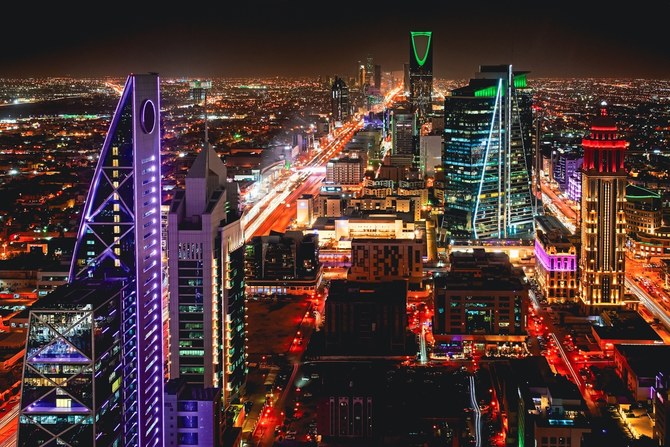In a testament to Saudi Arabia’s commitment to technological advancement and urban development, Riyadh, the capital city, has ascended to the 25th position in the prestigious International Institute for Management Development (IMD) Smart City Index.
This marks a significant leap of five spots since 2023, underscoring the city’s relentless pursuit of excellence in various spheres of urban life.
The IMD Smart City Index, a comprehensive assessment that evaluates the efficacy of structures and technologies within cities, highlighted Riyadh’s strengths across multiple domains, notably in health and safety, mobility, and governance.
The report commended the city’s robust infrastructure for basic sanitation, effectively serving even the most marginalized communities, alongside satisfactory recycling sectors.
Public safety emerged as another cornerstone of Riyadh’s smart city endeavours, bolstered by enhanced surveillance through CCTV cameras. Additionally, innovative mobile applications catering to car-sharing, parking availability, and bicycle rentals have been instrumental in alleviating congestion and enhancing urban mobility.
The provision of medical services in Riyadh was found to meet expectations, complemented by the availability of affordable housing options, contributing to the overall quality of life for residents.
However, the report noted room for improvement in public transport services, which were deemed satisfactory but not yet optimal.
Crucially, Riyadh’s success in the Smart City Index can be attributed to the active participation of its residents in decision-making processes, providing valuable feedback on government projects and initiatives.
This citizen-centric approach underscores the city’s commitment to inclusive and responsive governance, aligning closely with the objectives outlined in Saudi Vision 2030.
In parallel with Riyadh’s ascent, Al-Khobar, a vibrant metropolis in the Eastern Province, has secured its position as a smart city, ranking 99th out of 142 municipalities included in the IMD list.
This achievement marks a significant milestone for Al-Khobar, positioning it alongside other Saudi cities like Riyadh, Makkah, Madinah, and Jeddah, which have embraced innovative urban initiatives.
Al-Khobar’s inclusion in the Smart City Index signals its readiness to attract global investments, foster the establishment of new companies and projects, and stimulate economic growth.
This development reflects the Kingdom’s dedicated efforts and notable progress in the vital sector of urban development, which is in line with the overarching goals of Saudi Vision 2030.
The IMD Smart City Index serves as a crucial benchmark, showcasing municipalities’ readiness and utilization of advanced technologies to foster sustainable communities.
The analysis encompasses various dimensions of city development, including health and safety, employment and education opportunities, mobility, cultural activities, governance, and the harmonization of economic, technological, and human life dimensions.
Beyond Riyadh and Al-Khobar, other Saudi cities have also made notable strides in the smart city landscape.
Makkah secured the 52nd position on the list, while Jeddah and Madinah claimed the 55th and 74th positions, respectively, highlighting the widespread embrace of innovation across the Kingdom.
Omar Al-Abdullatif, CEO of the Sharqia Development Authority, expressed pride in this collective achievement, attributing it to the Kingdom’s overarching development trajectory guided by strong leadership and the directives of the governor of the Eastern Province.
As Saudi cities continue to evolve as hubs of innovation and sustainability, the journey towards smart urbanization remains a cornerstone of the Kingdom’s vision for the future.
This article was created using automation and was thoroughly edited and fact-checked by one of our editorial staff members

